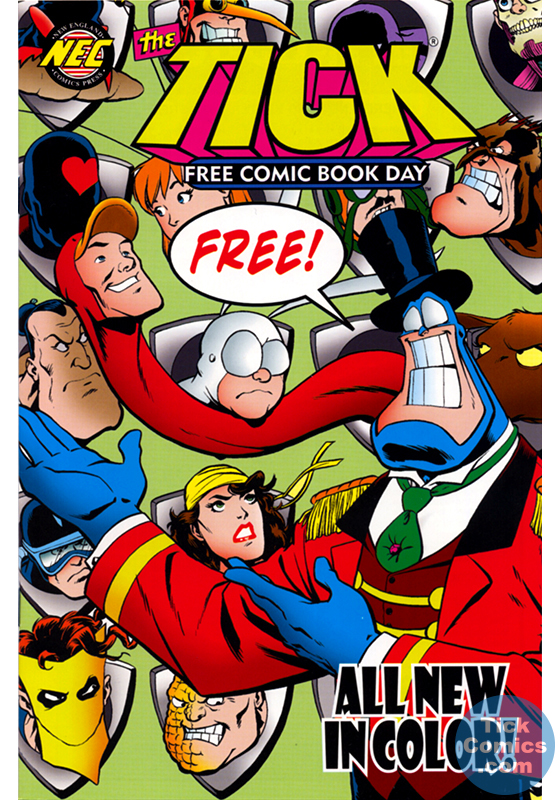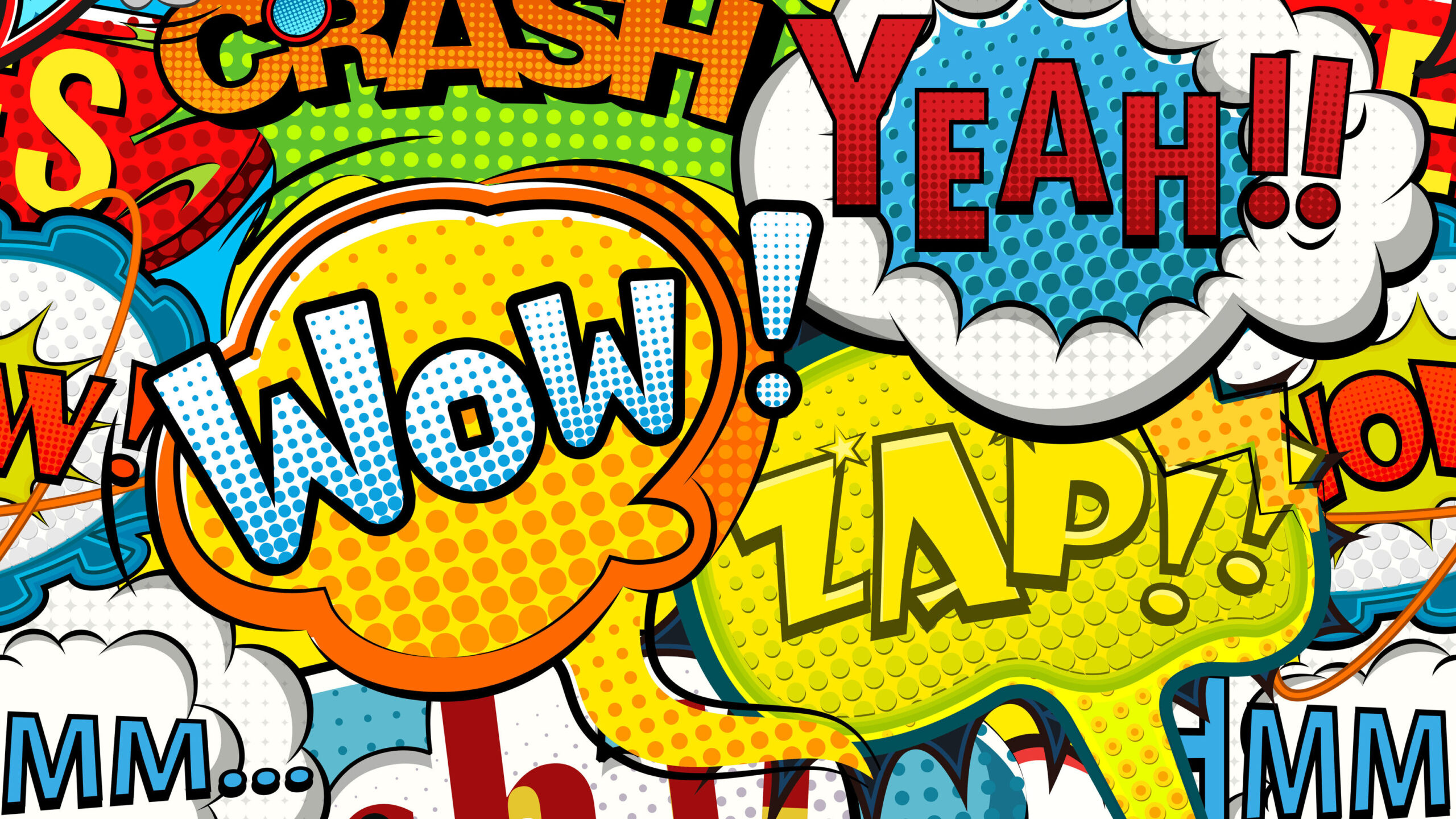Free Book Day: A Celebration of Reading and Literary Culture

Free Book Day, a concept mirroring the hugely successful Free Comic Book Day, envisions a day dedicated to the celebration and promotion of books and reading across all genres and age groups. This annual event would aim to attract new readers, reignite the passion for literature in existing readers, and foster a stronger appreciation for the cultural impact of books and authors. Inspired by the success of Free Comic Book Day in revitalizing the comic book industry, Free Book Day proposes a similar model adapted for the broader literary world, leveraging the combined power of publishers, authors, libraries, bookstores, and communities to create a vibrant and engaging celebration of literature.
The Vision of Free Book Day
Free Book Day would be an annual event, potentially held on a specific date each year to maximize impact and build anticipation. Participating bookstores, libraries, and other relevant organizations would offer a selection of free books to the public. These books would be carefully curated to represent a wide range of genres, including classics, bestsellers, new releases, and perhaps even self-published works, ensuring diverse representation and appeal to a broad audience. This curated selection would be a key differentiator, showcasing the depth and breadth of the literary landscape.

The goal is not just to distribute free books; it’s to ignite a passion for reading. The event would encourage interaction with authors, promote literacy, and highlight the educational value and life lessons embedded within literature. This would be a day for families, students, and book lovers of all ages to discover new authors, genres, and stories. The focus would be on fostering a love for reading, creating positive associations with books, and demonstrating the crucial role literature plays in individual development and societal growth.
The success of Free Comic Book Day lies in its collaborative nature. Similarly, Free Book Day would necessitate a collaborative effort between various stakeholders in the literary ecosystem. Publishers would play a vital role in contributing to the selection of books for free distribution. Authors could participate through book signings, readings, and workshops. Libraries would serve as crucial distribution points, acting as community hubs for the event. Bookstores could utilize the day to drive traffic, enhance their visibility, and promote their services. Educational institutions could integrate Free Book Day into their curricula, making it an engaging learning experience for students. Community organizations and literacy advocates could further amplify the event’s reach and impact.

Curating the Free Book Day Selection: A Diverse Literary Landscape
The selection of books for Free Book Day would be a crucial aspect of the event’s success. A committee of representatives from various segments of the book industry—including publishers, librarians, authors, educators, and booksellers—would be tasked with curating a diverse selection. This committee’s charge would be to create a selection that appeals to a broad range of readers and promotes a diverse representation of voices and styles.
The selection process would need to consider several factors:
-
Genre Diversity: The selection should encompass a wide variety of genres, including fiction (literary fiction, thrillers, romance, science fiction, fantasy, historical fiction, etc.), non-fiction (biographies, memoirs, history, self-help, etc.), poetry, and graphic novels. This broad spectrum is vital in attracting a diverse audience.
-
Age Appropriateness: Books should be categorized by age group (children’s books, young adult literature, adult fiction, etc.) to make selection easier for parents and educators. Clear age ratings would help parents choose suitable material for their children. The color-coded system employed by Free Comic Book Day – green for all ages, blue for teens, and red for mature – could provide a simple and effective visual guide.
-
Representation and Inclusion: The selection should prioritize diversity in terms of author backgrounds, characters, and themes, ensuring representation of marginalized communities and diverse perspectives. This is vital in creating an inclusive and enriching experience for all attendees.
-
Accessibility: Consideration should be given to accessibility for readers with disabilities, including providing books in accessible formats such as large print or audiobooks.
-
Relevance and Timeliness: The selection should include some new releases and bestsellers to generate excitement, along with classic works to expose readers to timeless literature.
Beyond the Books: Enhancing the Free Book Day Experience
Free Book Day shouldn’t just be about handing out free books. It should be a full-fledged celebration of literature, offering engaging activities for participants of all ages. These activities could include:
-
Author Events: Book signings, readings, Q&A sessions, and workshops led by both established and emerging authors. This provides an opportunity for readers to connect directly with the creators of their favorite books.
-
Literary Discussions: Panels and discussions on various literary topics, such as specific genres, writing styles, or the social and cultural impact of literature.
-
Workshops and Activities: Creative writing workshops, storytelling sessions, book-related crafts for children, and other engaging activities that encourage active participation.
-
Interactive Displays: Exhibitions showcasing rare books, literary archives, and the history of publishing.
-
Community Building: Opportunities for readers to connect with each other, such as book clubs, discussion groups, and social events.
The Role of Libraries and Other Institutions in Free Book Day
Public libraries would be integral to the success of Free Book Day. Their established infrastructure, community connections, and extensive resources make them ideal distribution points and event hubs. Digital libraries could also play a significant role, offering online access to digital versions of some of the selected books, extending the reach of the event to a wider audience beyond geographical limitations.
Universities, colleges, and schools could participate by organizing campus-wide Free Book Day events, encouraging students to engage with literature and participate in the celebrations. This integration into educational settings would help to cultivate a love for reading from a young age and emphasize the value of literature as an educational tool.

Bookstores, both independent and chain stores, would undoubtedly benefit from the increased foot traffic. The event provides a unique opportunity for them to connect with potential customers and promote their services and selections. Many bookstores already host author events and readings, making Free Book Day a natural extension of their existing programming.
Measuring the Success of Free Book Day
The success of Free Book Day shouldn’t be solely measured by the number of books distributed. Key performance indicators (KPIs) should be designed to capture the event’s broader impact, including:
-
Number of participants: Tracking attendance at both physical and online events.
-
Media coverage: Monitoring media mentions and social media engagement to assess public awareness.
-
Reader engagement: Surveying participants about their reading habits and the impact of Free Book Day on their engagement with literature.
-
Sales data from participating bookstores: Assessing the sales figures in the weeks following the event to gauge the sustained impact on book sales.
-
Long-term impact on literacy: Conducting research to evaluate the event’s contribution to literacy rates over time.
By measuring these diverse KPIs, the organizers can assess the effectiveness of the event and make adjustments for future iterations. The goal is to create a sustainable and impactful annual event that promotes a lasting love of reading and strengthens the literary ecosystem.
Free Book Day: A Catalyst for Literary Growth
Free Book Day aims to be more than a one-day event; it aims to be a catalyst for ongoing literary engagement and growth. The long-term impact of the event would be substantial, strengthening the connection between readers and books, promoting literacy, and boosting the book industry as a whole. By fostering a vibrant community around books and reading, Free Book Day can cultivate a deeper appreciation for the transformative power of literature and its essential role in enriching individual lives and shaping our collective cultural landscape. The event’s success lies in its ability to inspire, engage, and ultimately, instill a lifelong love of reading in people of all ages.